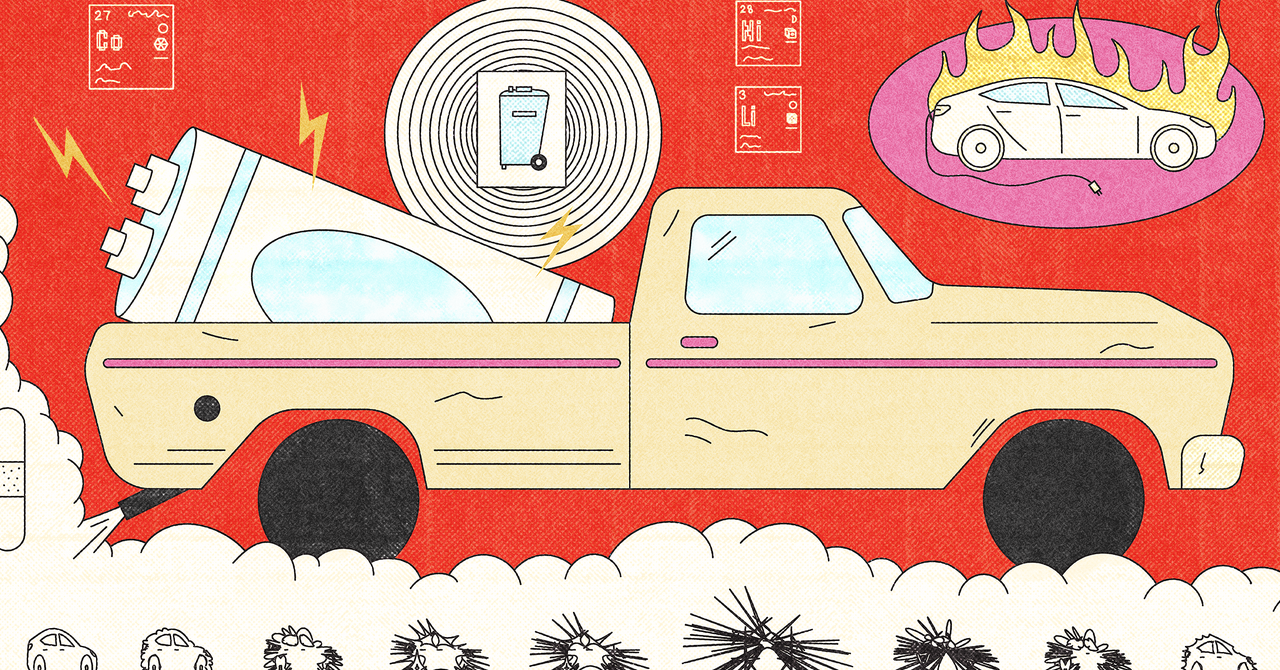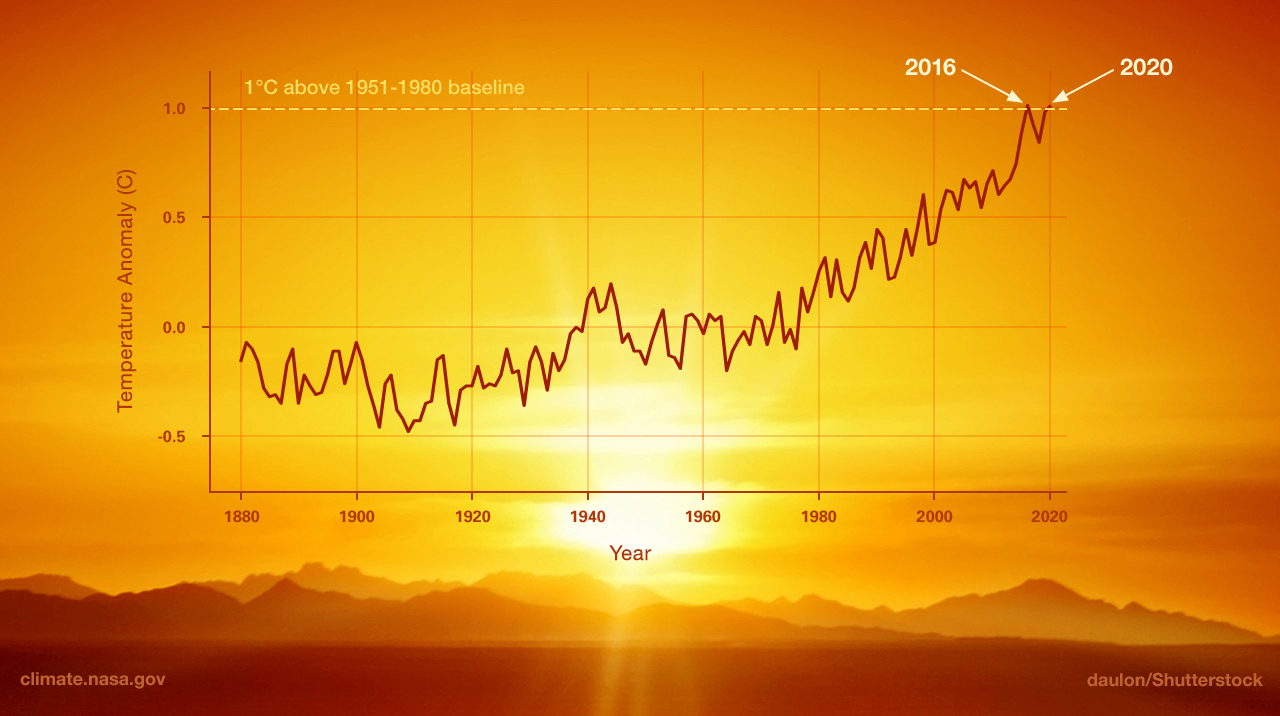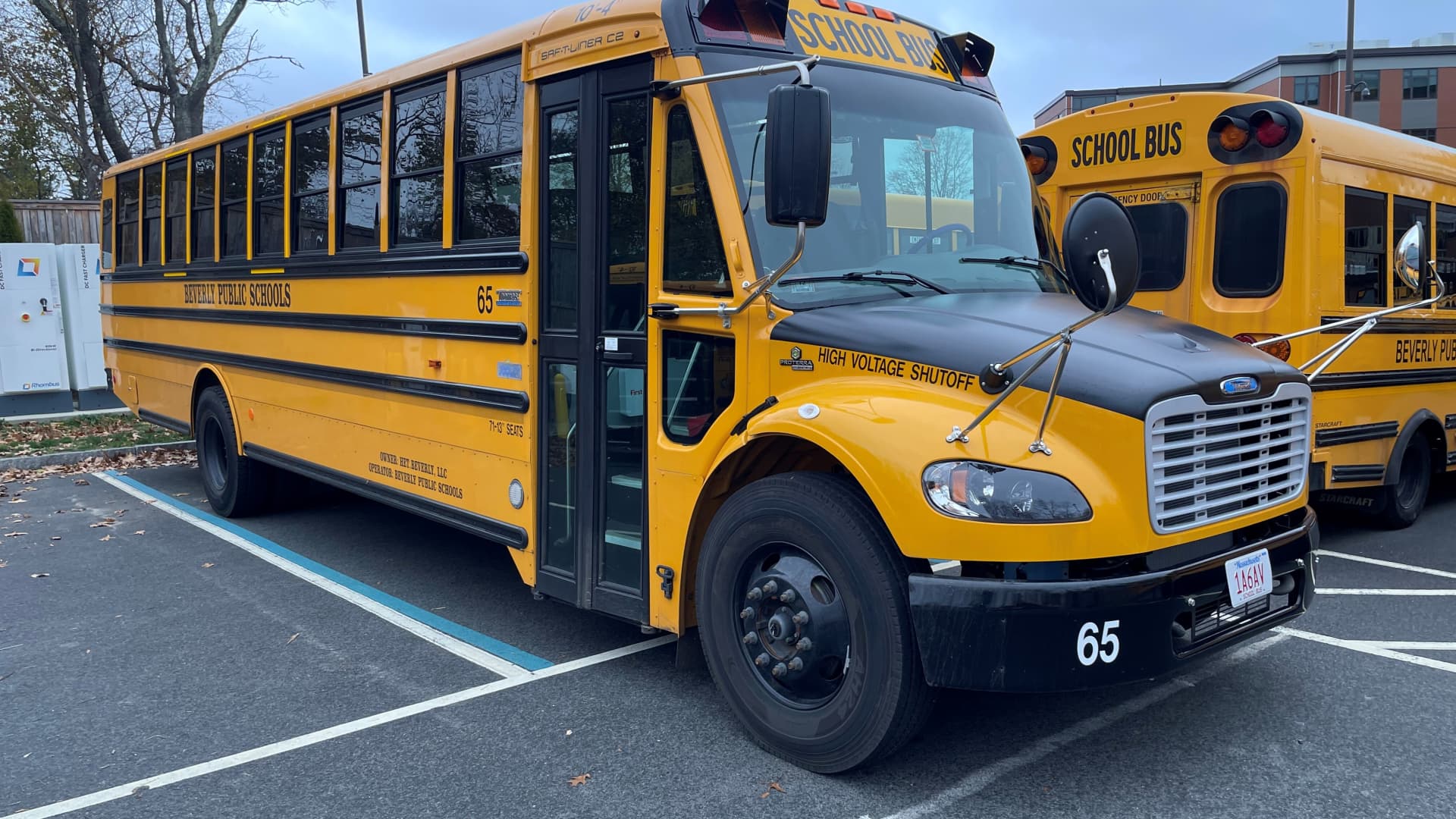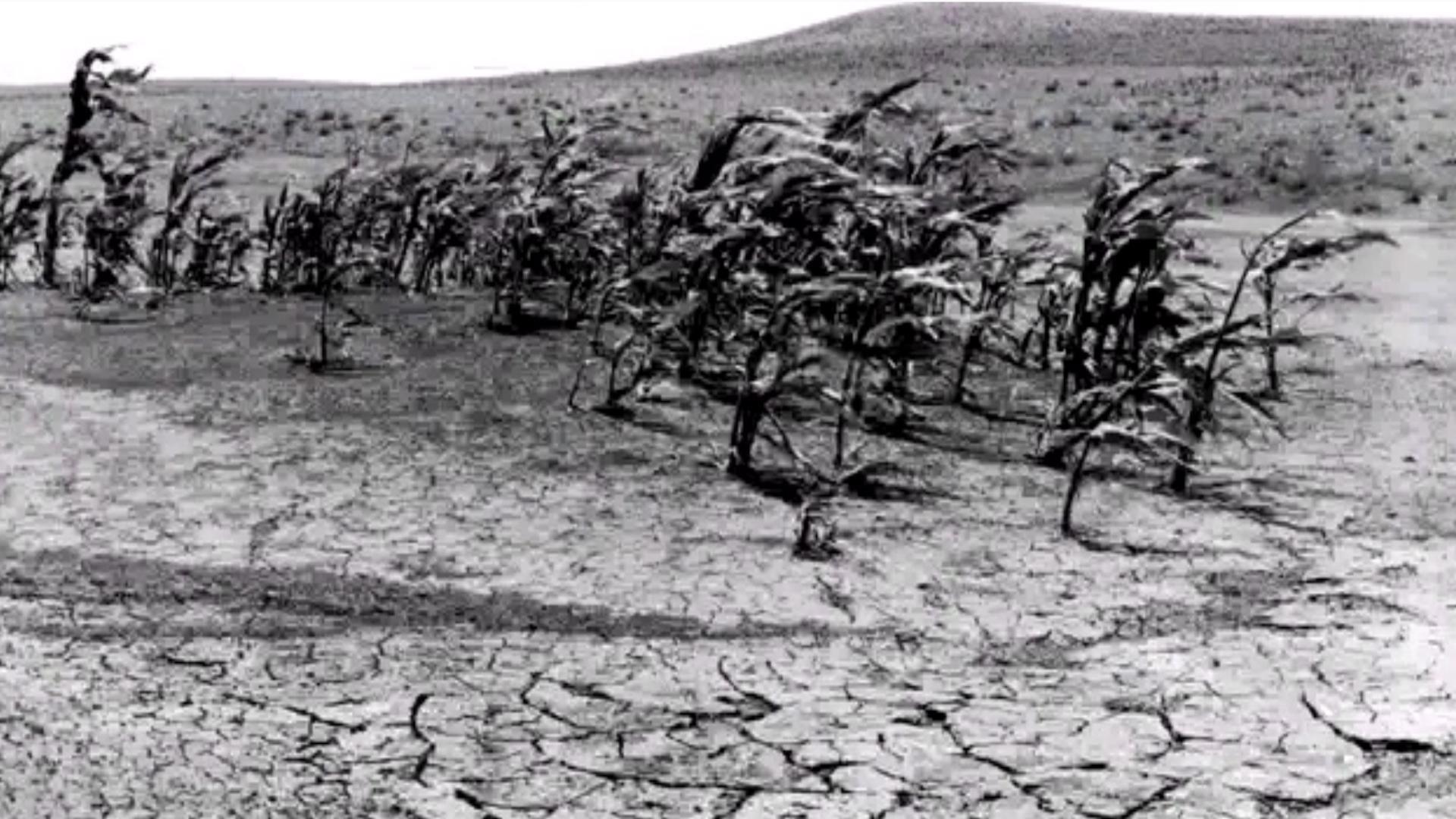DonTom
Well-known member
Your linked message is about lead acid batteries. They do not compare well to lith batteries.So the batteries are relatively older.
-Don- Auburn, CA
Your linked message is about lead acid batteries. They do not compare well to lith batteries.So the batteries are relatively older.


oh-no-scientists-determine-we're-actually-headed-for-an-ice-age-and-we-have-to-pump-as-much-co2-as-possible-into-the-atmosphere-or-were-all-gonna-die
Never happened?The term "global warming" had to be changed because the predictions made 50 years ago never happened.

Have you driven a diesel bus in the past?I am now a school bus driver. My route is about 25 miles AM and again in the PM. It is rural so I do get up to the legal speed (45 MPH) in some spots. I have volunteered to drive the first EV school bus for our district if this is pursued in our area.


Global warming is... wait for it... a global phenomena, not a localized event affecting small areas of the planet. When the average temperature of the planet increases, the ocean currents that affect much of our weather shift more than normal, causing weather extremes in both directions.The big droughts this summer were a result of "climate change". But do we blame fossile fuels for the much worse dust bowl 100 years ago before fossil fuels could have been the cause? Record breaking heat or cold that breaks record temperatures set in 1896 proves what? I'm old enough to remember when scientists said saccharin causes cancer, now they say saccharin actually kills cancer cells. Nitrates cause cancer, no they don't. Eggs and butter cause high cholesterol and heart attacks, no they don't. Vaccines cause autism in children, no they don't, lithium batteries will have 10x the capacity by 2000, never happened, etc. etc.
The real story is follow the money. Science proves something and gets grant money. Soon after that a different scientist proves the opposite and gets grant money. The term "global warming" had to be changed because the predictions made 50 years ago never happened. Whereas the replacement name "climate change" is just people's perception so it can't be proven wrong. This kind of money grabbing science gives real science a bad bame.

With all due respect it is about choosing the right tool for the job, and rural Maine, North Dakota, etc. with long routes and -20F temperatures in the winter is probably never going to be the right place for electric buses. As to the range gap, it does not matter if the bus NEVER needs to travel that far in a given day, with 90% of school buses having a route length of under 40 miles, a bus with a 100 mile capacity should be more than enough for all but the most unexpected emergencies, ie 40 mile route with 100 mile bus range, even handles unexpected school closures when there is no time to recharge between the morning and afternoon route.Pay 3 to 4 times more for a bus that can travel 1/7th the distance. Is the best choice for rural Maine especially during winter? Winter cold comes with traveling on snow covered roads. ...
"Although the mileage gap between electric buses and diesel buses should shrink in the coming years, the current gap is significant. Currently, diesel buses travel roughly seven times further on a single tank compared to a single charge."
With all due respect it is about choosing the right tool for the job, and rural Maine, North Dakota, etc. with long routes and -20F temperatures in the winter is probably never going to be the right place for electric buses. As to the range gap, it does not matter if the bus NEVER needs to travel that far in a given day, with 90% of school buses having a route length of under 40 miles, a bus with a 100 mile capacity should be more than enough for all but the most unexpected emergencies, ie 40 mile route with 100 mile bus range, even handles unexpected school closures when there is no time to recharge between the morning and afternoon route.
Not "never" but "always". Glaciers have covered several midwest states. There are seashells at the top of the mountain next to Albuquerque, so this was the bottom of a sea at some point. Volcanoes do not observe greenhouse gas emission limits. Not saying there is "zero" man made environmental impact, but much greater and far longer events have been happening since the planet formed, and will continue. Being responsible stewards of resources is the right thing to do, but there's only so many ways of engaging in the life western society has developed. Whatever problems technology may solve will only create an opportunity for more complex problems to surface.Never happened?
Maybe. But school busses don’t really travel that far. The ones on our town seem to be doing well in all conditions, and we just came thru another minus 28 cold snap with lots of snow. They don’t even fast charge them. They just use a 19.2 kw L2 clipper creek.Pay 3 to 4 times more for a bus that can travel 1/7th the distance. Is this the best choice for rural Maine especially during winter? Winter cold comes with traveling on snow covered roads. It reduces the range of all power vehicles including both electric and diesel buses.

Electric school buses are giving kids a cleaner, but costlier, ride to class
Electric school buses help the environment and are better for the children they carry, but they come with steep upfront costs.www.cnbc.com
"ESBs are expensive: Battery-electric versions of small “Type A” school buses cost roughly $250,000, versus $50,000 to $65,000 for diesel; full-size “Type C” or “Type D” buses can range from $320,000 to $440,000 in electric form, versus about $100,000 for diesel."
Plus the charging infrastructure costs.

Electric School Buses - Common Questions & Answers
Electric schools bus are becoming more and more common. But are they right for you? Get the answers to common questions.kerlinbus.com
"Although the mileage gap between electric buses and diesel buses should shrink in the coming years, the current gap is significant. Currently, diesel buses travel roughly seven times further on a single tank compared to a single charge."
Can’t speak for other regions but the price difference here as published by the school district is 150,000 for the diesel vice 350,000 for the electric. 60 percent less maintenance costs and of course hydro is cheap here.Pay 3 to 4 times more for a bus that can travel 1/7th the distance. Is this the best choice for rural Maine especially during winter? Winter cold comes with traveling on snow covered roads. It reduces the range of all power vehicles including both electric and diesel buses.

Electric school buses are giving kids a cleaner, but costlier, ride to class
Electric school buses help the environment and are better for the children they carry, but they come with steep upfront costs.www.cnbc.com
"ESBs are expensive: Battery-electric versions of small “Type A” school buses cost roughly $250,000, versus $50,000 to $65,000 for diesel; full-size “Type C” or “Type D” buses can range from $320,000 to $440,000 in electric form, versus about $100,000 for diesel."
Plus the charging infrastructure costs.

Electric School Buses - Common Questions & Answers
Electric schools bus are becoming more and more common. But are they right for you? Get the answers to common questions.kerlinbus.com
"Although the mileage gap between electric buses and diesel buses should shrink in the coming years, the current gap is significant. Currently, diesel buses travel roughly seven times further on a single tank compared to a single charge."
Yep, we only cause it to happen faster.Not "never" but "always".
I said "I volunteered if this was pursued..." It may not happen. There is nothing in the works in our area but it is happening in Maine.Pay 3 to 4 times more for a bus that can travel 1/7th the distance. Is this the best choice for rural Maine especially during winter? Winter cold comes with traveling on snow covered roads. It reduces the range of all power vehicles including both electric and diesel buses.

Electric school buses are giving kids a cleaner, but costlier, ride to class
Electric school buses help the environment and are better for the children they carry, but they come with steep upfront costs.www.cnbc.com
"ESBs are expensive: Battery-electric versions of small “Type A” school buses cost roughly $250,000, versus $50,000 to $65,000 for diesel; full-size “Type C” or “Type D” buses can range from $320,000 to $440,000 in electric form, versus about $100,000 for diesel."
Plus the charging infrastructure costs.

Electric School Buses - Common Questions & Answers
Electric schools bus are becoming more and more common. But are they right for you? Get the answers to common questions.kerlinbus.com
"Although the mileage gap between electric buses and diesel buses should shrink in the coming years, the current gap is significant. Currently, diesel buses travel roughly seven times further on a single tank compared to a single charge."
Yes, I have driven both gas and diesel buses. Drove both in the same day last week. Same bus model/platform. All I could think of was the turtle (diesel Cummins) and hare (gas Ford V-10) race! I love diesel but I have to hand it to the V-10; it is pretty stout and doesn't throw the check engine "regen" lights and codes. The diesels in our area have been replaced by the gas versions for a few reasons, one being difficulty with regen on the diesels. It does not work well when you are in a lot of stop and go traveling.Have you driven a diesel bus in the past?
If you get your chance to drive it, I would like to hear how the EV bus compares to diesel.
-Don- Auburn, CA
